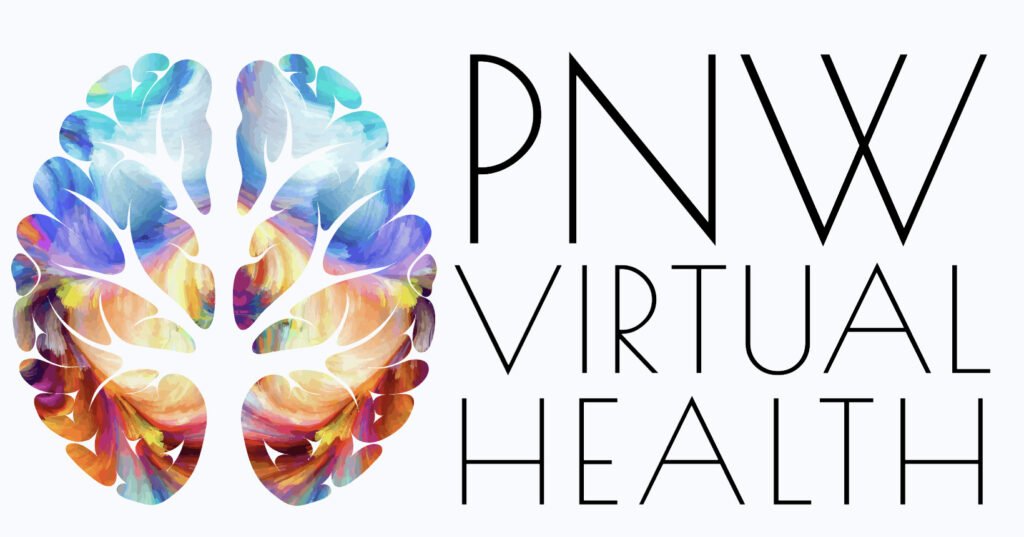For those living with ADHD, medication isn’t just a convenience; it’s a critical tool for managing daily life, supporting executive function, and maintaining mental health. So, when the headlines continue to blare about a persistent ADHD medication shortage, it’s not just news, it’s a source of profound stress, anxiety, and disruption.
As of June 2025, the challenge remains. While some reports suggest slight improvements for certain brand name medications, many generic forms of essential ADHD treatments, including various formulations of Adderall, methylphenidate, and lisdexamfetamine (Vyvanse generics), are still proving difficult to find. This isn’t a new problem; it’s an ongoing crisis that began in late 2022 and has continued to impact countless individuals across the world.
Why Is This Happening? A Complex Web of Factors
The reasons behind this prolonged shortage are multifaceted and interconnected:
- Increased Demand: There’s been a significant rise in ADHD diagnoses, particularly among adults, leading to a surge in prescription rates that the supply chain simply wasn’t equipped to handle.
- DEA Quotas: The Drug Enforcement Administration (DEA) sets annual production quotas for controlled substances, including many ADHD stimulant medications. Critics argue these quotas are often too restrictive and don’t adequately account for the real-world demand, despite recent increases in some quotas.
- Manufacturing Issues & Supply Chain Disruptions: Production delays, raw material shortages, and even the shutdown of some manufacturing facilities and pharmaceutical companies due to regulatory concerns have all played a role.
- Telehealth Expansion: The increase in telehealth services during the pandemic made it easier for many to access diagnoses and prescriptions, further contributing to demand (though many of the larger telehealth companies have since ceased operations).
Regardless of the specific cause, the outcome is the same: frustration, interrupted treatment, and a significant impact on the lives of those reliant on ADHD medications.
Can’t get your medication? Here’s how to navigating pharmacy shortages.
Facing a medication shortage is incredibly difficult, but you’re not alone. Here’s what you can do to navigate this challenging time:
- Communicate Immediately with Your Provider and Pharmacy:
- Don’t wait until you’re out. As soon as you anticipate needing a refill, contact your prescribing physician or provider. They may be able to prescribe a different dosage, a brand-name alternative, or even a different type of medication that is more readily available.
- Call your pharmacy in advance. You can inquire about their current stock. If they’re out, ask if they can check their other locations or suggest nearby pharmacies that might have it. Be aware that some pharmacies may be hesitant to give out specific stock information over the phone due to the nature of controlled substances.
- Cast a Wider Net: Check Multiple Pharmacies:
- Availability can vary wildly, even within the same city. Try calling different chain pharmacies (e.g., CVS, Walgreens, Rite Aid), big-box store pharmacies (e.g.,Target, Costco), and independent pharmacies.
- Don’t forget about mail-order pharmacies, which sometimes have different stock levels.
- Explore Alternative Medications:
- Work with your provider to discuss other stimulant options or non-stimulant medications (e.g., Strattera, Intuniv, Wellbutrin). While these may not be your first choice, finding any effective treatment is crucial.
- Discuss dosage adjustments. Sometimes, a slightly different dose might be available even if your usual one isn’t.
- Leverage Non-Pharmacological Strategies:
- While these don’t replace medication, they can provide crucial support:
- Behavioral Therapy/Coaching: Work with your ADHD specialist to develop coping skills, organizational strategies, and time management techniques.
- Prioritize Sleep, Nutrition, and Exercise: These are fundamental for everyone, but especially impactful for the ADHD brain. Consistent routines, healthy eating, and physical activity can significantly mitigate symptoms.
- Mindfulness: Practices like meditation and focused breathing can help improve attention regulation and reduce anxiety.
- Utilize Your Support System: Inform trusted family, friends, or colleagues about your situation. They can offer understanding, empathy, and practical help.
- While these don’t replace medication, they can provide crucial support:
We can help you navigate with shortages you are experiencing. Schedule an appointment with one of providers today.
